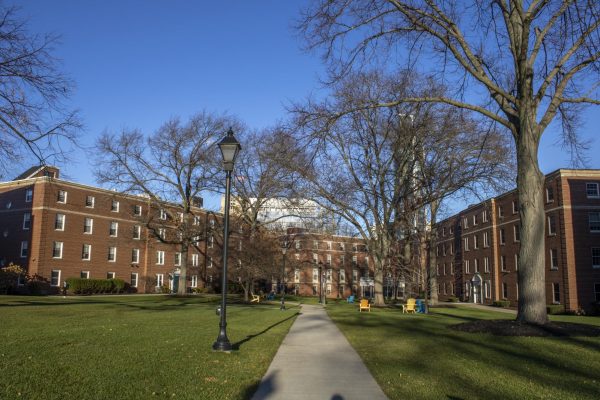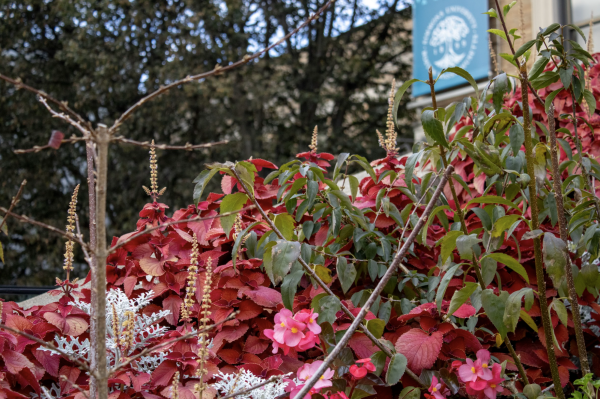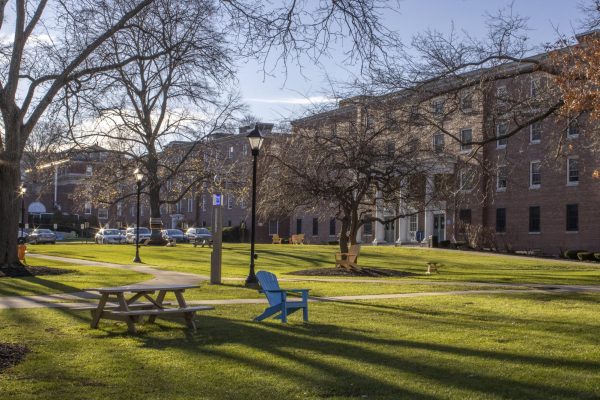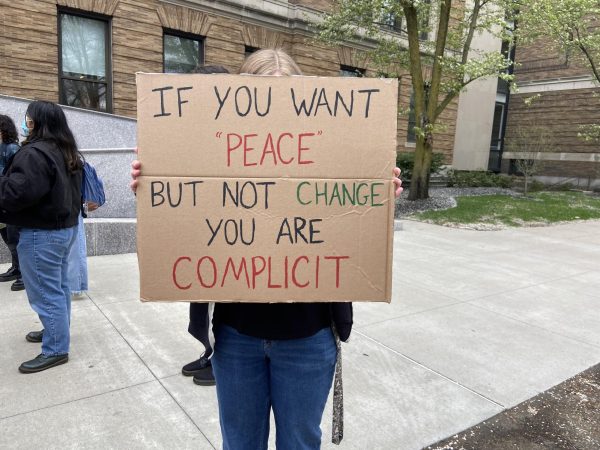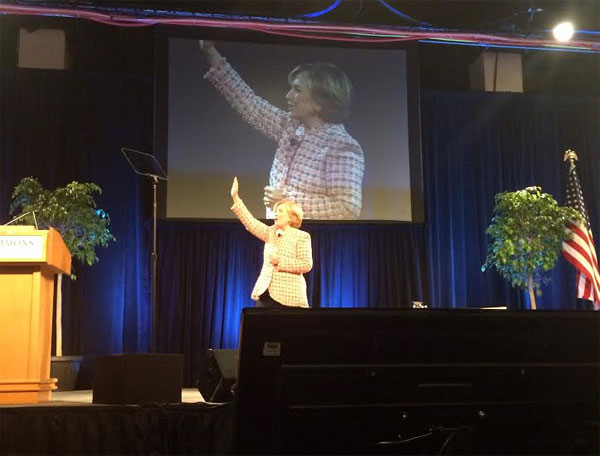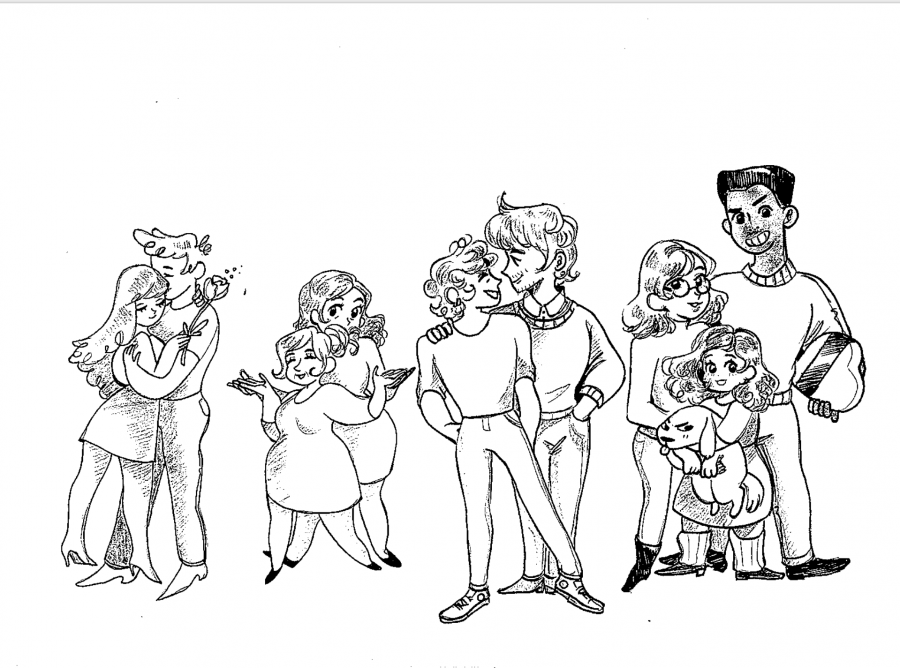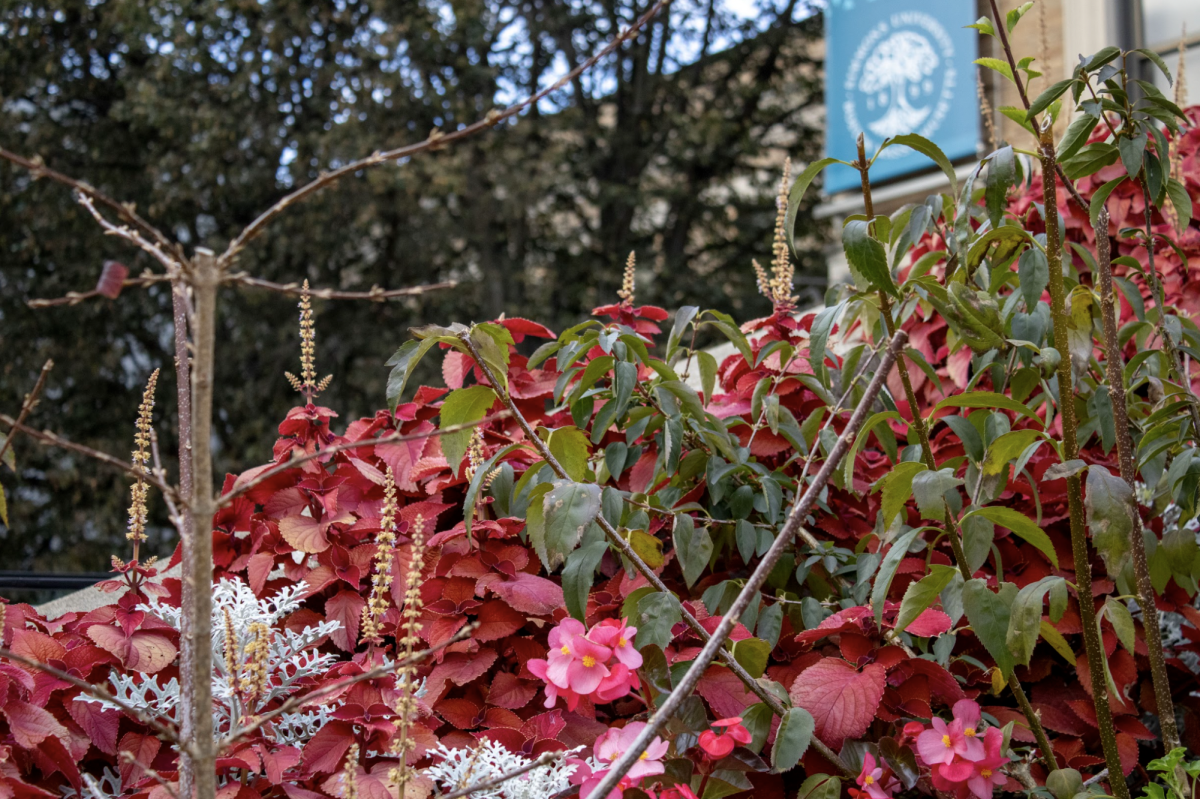By Laini Cassis
Contributing Writer
Falsely promoting a product or company as environmentally friendly in an effort to boost public image is called “greenwashing.” While some companies are certainly at fault, I’m here to focus on Simmons College, who I will give the benefit of the doubt for simply not knowing better. The green movement is all about becoming reconnected with nature, but attempts to “go green” have a funny way of exposing just how disconnected we are to our natural surroundings. The greenwashing giveaway: composting.
Compost is simple, natural, and shouldn’t require a lengthy explanation. It’s the process of organic materials breaking down into smaller and smaller bits, blending their vitamins and minerals together, to make a nutrient-rich soil. If you understand the concept of fallen leaves decomposing back into the soil, then you get the process of making dirt. That’s what it is: just good ol’ smelly dirt.
When I lived at an organic farm, the daily morning chore was “turning the compost.” This meant mixing a heap of rotting materials around with a shovel. The pile steamed because the core reached 400 degrees Fahrenheit, mice and worms would expedite the decomposition process, and it smelt like stinking food because that’s exactly what it was. But after months of turning the compost, I had a high quality fertilizer that rejuvenated the soil, and the life cycle continued.
Agricultural workers get really excited about good dirt. The farmers debated the various composting methods at lunch, while biting into fresh tomatoes like juicy apples. But Simmons is not an organic farm. So I easily spotted the glaring flaw in the new Simmons composting system: there’s no separation of organic from inorganic food waste!
Consider the compost bins at Bartol to be on a vegan diet. That means inorganic items, such as animal products (meat and dairy), should never go into compost. That includes bones (you know they fossilize, right?) and eggs (but the shells are actually fine). The point of compost is to make nutrient-rich soil that “feeds” plants, and I’m here to remind you that plants don’t eat meat.
The signs in Bartol inaccurately promote the placement of all food products in the compost bins. So, if you take a moment to separate your food scraps from what’s compostable and vegan, from what’s not, you can rest assured that you’re correctly contributing to this effort of reusing organic food waste to make good dirt.
However, it’s unclear to the general public of Simmons where the compost material goes. Is it sent to composting facilities, donated to local organic farms, or thrown away with the rest of the garbage?
Simmons has eco-friendly intentions, but any efforts to go green must be met with informed decisions and informed students. Composting at Simmons could be more transparent and better understood. However, I give Simmons the benefit of the doubt, because greenwashing is a rotten idea.



